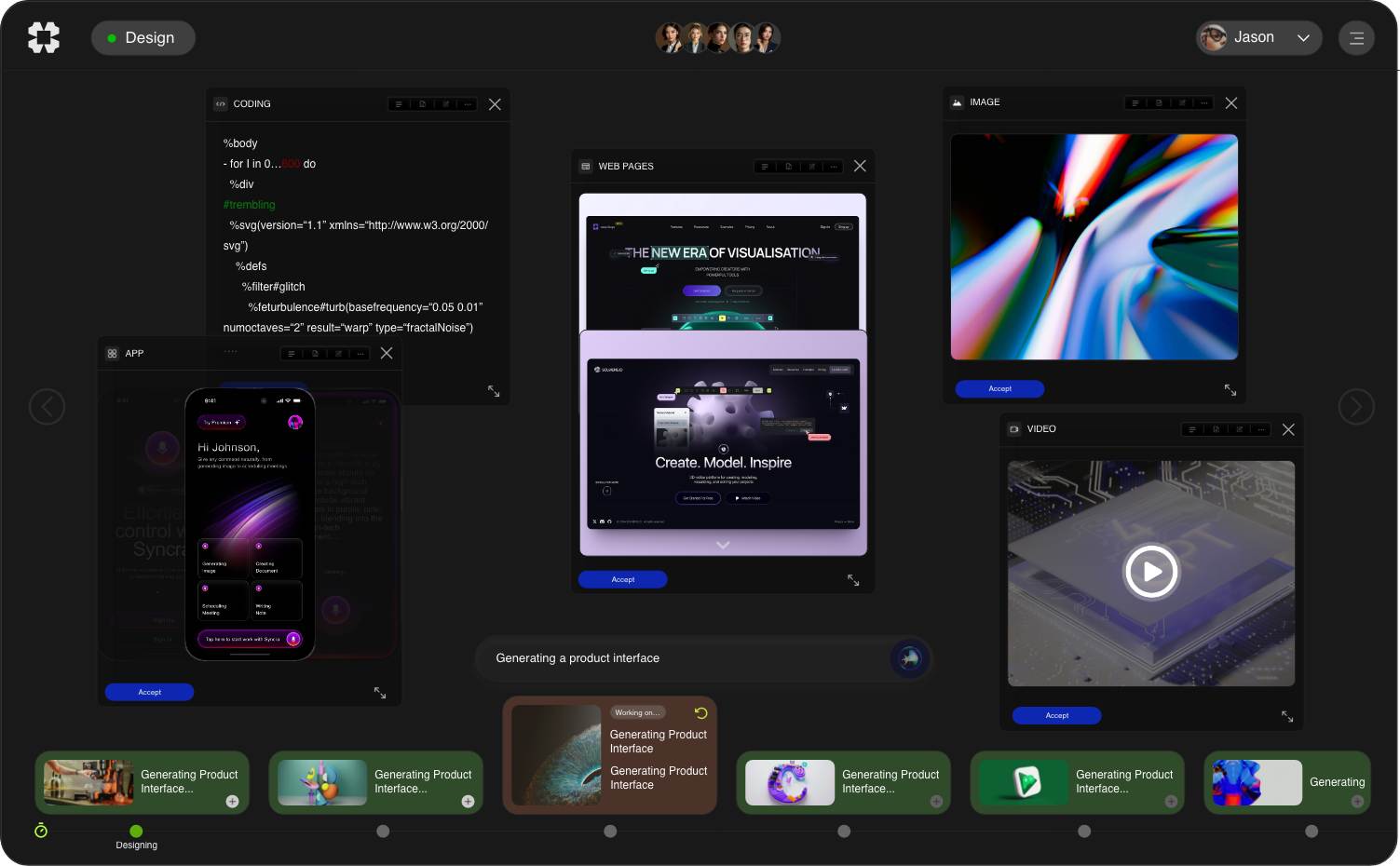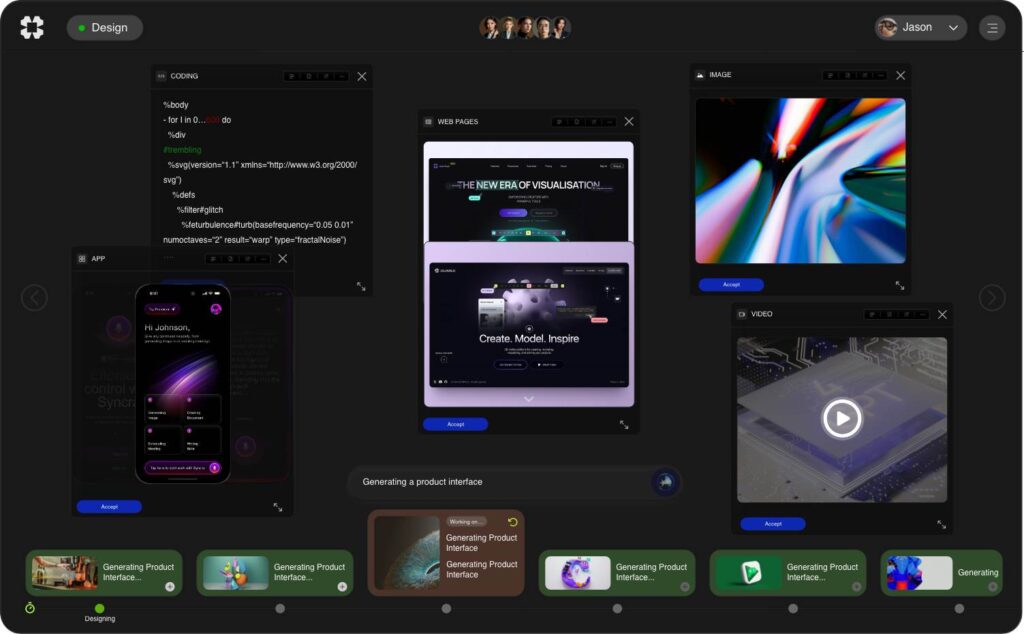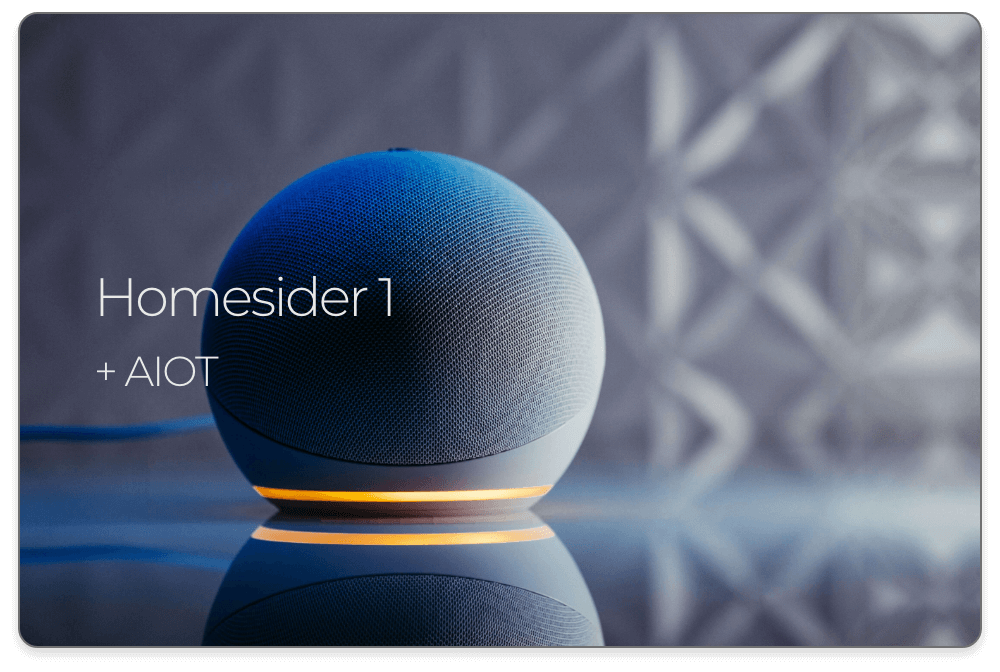In today’s fast-paced digital landscape, organizations are increasingly turning to Intelligent Automation (IA) to streamline operations, enhance productivity, and drive innovation. This transformative approach combines artificial intelligence (AI) with automation technologies to create smarter, more efficient workflows. Among the various tools available, the Replit AI platform stands out as a powerful solution for developers and businesses alike. This article explores the latest trends in Intelligent Automation, the AI Automation Framework, and how Replit AI is reshaping industry applications.
.
**Understanding Intelligent Automation**
Intelligent Automation refers to the use of advanced technologies, including AI, machine learning, and robotic process automation (RPA), to automate complex business processes. Unlike traditional automation, which focuses on repetitive tasks, IA leverages cognitive capabilities to make decisions, learn from data, and adapt to changing circumstances. This shift allows organizations to optimize workflows, reduce costs, and improve service delivery.
.
According to a report by McKinsey, organizations that implement Intelligent Automation can achieve productivity gains of up to 30%. The report highlights that industries such as finance, healthcare, and manufacturing are leading the charge in adopting IA technologies to enhance operational efficiency and customer experience. As businesses strive to remain competitive, the demand for Intelligent Automation solutions continues to grow.
.
**The AI Automation Framework: A Blueprint for Success**
To effectively implement Intelligent Automation, organizations often rely on an AI Automation Framework. This framework serves as a structured approach to integrating AI and automation technologies into existing processes. It typically includes several key components:
1. **Process Identification**: Organizations must first identify the processes that are suitable for automation. This involves analyzing workflows to determine which tasks are repetitive, time-consuming, or prone to human error.
2. **Data Management**: Effective automation relies on high-quality data. Organizations must establish robust data management practices to ensure that the data used in AI models is accurate, consistent, and secure.
3. **Technology Integration**: The AI Automation Framework requires seamless integration of various technologies, including RPA tools, machine learning algorithms, and natural language processing (NLP) systems. This integration allows for a cohesive automation strategy.
4. **Continuous Improvement**: Intelligent Automation is not a one-time effort. Organizations must continuously monitor and refine their automation processes to adapt to changing business needs and technological advancements.
.
By following this framework, organizations can maximize the benefits of Intelligent Automation while minimizing risks associated with implementation.
.
**Replit AI: Revolutionizing Development and Automation**
Replit AI is an innovative platform that empowers developers to harness the power of AI in their coding projects. With its user-friendly interface and robust capabilities, Replit AI simplifies the development process, allowing users to build, test, and deploy applications faster than ever before.
.
One of the standout features of Replit AI is its ability to generate code snippets based on natural language prompts. This functionality significantly reduces the time developers spend on coding tasks, enabling them to focus on higher-level problem-solving and creative aspects of development. For example, a developer can input a request for a specific function, and Replit AI will generate the corresponding code, complete with comments and explanations.
.
Furthermore, Replit AI integrates seamlessly with various programming languages and frameworks, making it a versatile tool for developers across different domains. Whether working on web applications, mobile apps, or data analysis projects, Replit AI provides the necessary support to enhance productivity and streamline workflows.
.
**Industry Applications of Intelligent Automation and Replit AI**
The applications of Intelligent Automation and Replit AI are vast and varied, spanning multiple industries. Here are some notable use cases:
1. **Finance**: In the finance sector, Intelligent Automation is used to streamline processes such as fraud detection, customer onboarding, and regulatory compliance. Replit AI can assist financial institutions in developing algorithms for risk assessment and predictive analytics, ultimately improving decision-making and operational efficiency.
2. **Healthcare**: The healthcare industry is leveraging Intelligent Automation to enhance patient care and administrative efficiency. Automated appointment scheduling, billing processes, and patient data management are just a few examples. Replit AI can help healthcare developers create applications that analyze patient data and provide insights for personalized treatment plans.
3. **E-commerce**: E-commerce businesses are increasingly adopting Intelligent Automation to optimize inventory management, customer service, and marketing efforts. Replit AI can support the development of chatbots that handle customer inquiries, recommend products, and analyze purchasing behavior to drive sales.
4. **Manufacturing**: In manufacturing, Intelligent Automation is revolutionizing supply chain management and production processes. By integrating AI-driven predictive maintenance solutions, companies can reduce downtime and improve operational efficiency. Replit AI can aid in developing custom applications that monitor equipment performance and predict maintenance needs.
.
**Technical Insights: The Future of Intelligent Automation**
As Intelligent Automation continues to evolve, several technical trends are shaping its future:
1. **Natural Language Processing (NLP)**: Advances in NLP are enabling more sophisticated interactions between humans and machines. This technology allows organizations to automate customer service inquiries and streamline communication processes.
2. **Machine Learning and Predictive Analytics**: The integration of machine learning algorithms into automation processes allows organizations to analyze historical data and make informed predictions. This capability is particularly valuable in industries such as finance and healthcare, where data-driven insights can lead to better outcomes.
3. **Cloud-Based Automation Solutions**: The rise of cloud computing has made it easier for organizations to adopt Intelligent Automation solutions without the need for extensive on-premises infrastructure. Cloud-based platforms offer scalability, flexibility, and cost-effectiveness, making them an attractive option for businesses of all sizes.
4. **Ethical AI and Governance**: As organizations increasingly rely on AI-driven automation, the need for ethical considerations and governance frameworks becomes paramount. Ensuring transparency, accountability, and fairness in AI algorithms is essential to build trust among stakeholders and mitigate risks.
.
**Conclusion: Embracing the Intelligent Automation Revolution**
The integration of Intelligent Automation and platforms like Replit AI is transforming the way organizations operate and innovate. By leveraging advanced technologies, businesses can enhance productivity, reduce costs, and improve customer experiences. As the demand for automation solutions continues to rise, organizations that embrace this revolution will be better positioned to thrive in the digital age.
.
In summary, Intelligent Automation is not just a trend; it is a fundamental shift in how work is performed across industries. By adopting an AI Automation Framework and utilizing tools like Replit AI, organizations can unlock new levels of efficiency and creativity, paving the way for a brighter future.
.
**Sources:**
1. McKinsey & Company. (2023). “The State of AI in 2023.”
2. Gartner. (2023). “Forecast Analysis: Robotic Process Automation, Worldwide.”
3. Deloitte. (2023). “Intelligent Automation: A New Era of Business Transformation.”
4. Replit. (2023). “Introducing Replit AI: Code Smarter, Not Harder.”
























